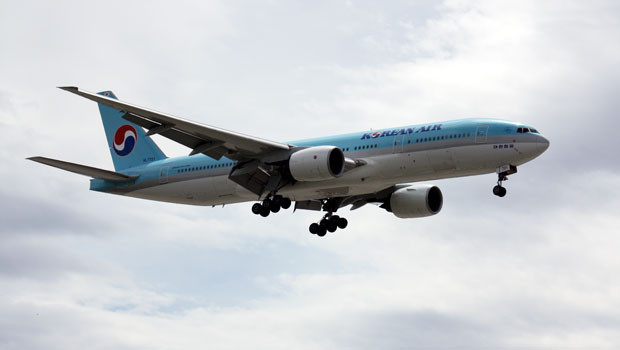Asia report: Stocks mixed as China's factory output contracts

Stock markets in the Asia-Pacific region finished in a mixed state on Wednesday, with China leading the losses after manufacturing data there came in above expectations, but still showed a contraction.
In Japan, the Nikkei 225 was down 0.78% at 3,202.14, as the yen weakened 0.01% against the dollar to last trade at JPY 138.80.
Among the benchmark’s major components, automation specialist Fanuc was down 0.95%, fashion firm Fast Retailing lost 1.01%, and technology conglomerate SoftBank Group was off 0.47%.
The broader Topix index was 0.27% weaker by the end of trading in Tokyo, settling at 1,963.16.
Fresh official data out of Japan earlier showed factory output rising unexpectedly in July, with retail sales also strengthening.
Factory output was up 1%, beating the 0.5% contraction set by analysts polled by Reuters, though it was down from the 9.2% surge seen in June after China eased its recent Covid-related restrictions.
Retail sales, meanwhile, were ahead 2.4% year-on-year in July.
On the mainland, the Shanghai Composite slipped 0.78% to 3,202.14, and the technology-heavy Shenzhen Component slid 1.29% to 11,815.79.
China’s official manufacturing purchasing managers’ index (PMI) came in at 49.4 for August - slightly better than the 49.2 economists polled by Reuters had pencilled in.
It was, however, still below the 50-point level that separates expansion from contraction in a PMI reading.
The non-manufacturing PMI, meanwhile, came in at 52.6 for the month, down from July’s print of 53.8.
“Inflationary pressures are still muted, though the input and output price indices saw a dead cat bounce in August, both rising by around four points to 44.3 and 44.5, respectively,” said Craig Botham at Pantheon Macroeconomics on the manufacturing data.
“Again, this still implies falling prices month-on-month, just at a slower pace.”
Botham said energy shortages stemming from the recent drought likely also played a role.
“As with supplier delivery times, we would not take this as a reflection of stronger demand.”
South Korea’s Kospi was up 0.86% at 2,472.05, while the Hang Seng Index in Hong Kong eked out gains of 0.03% to 19,954.39.
Chinese electric car maker BYD slid 7.91% in the special administrative region, after a regulatory disclosure showed Warren Buffett’s Berkshire Hathaway sold down its holding in the company.
The investing giant sold 1.33 million shares for just under $50m, leaving it with 218.7 million shares in BYD.
It came after the vehicle producer reported a tripling in net income in its first-half numbers on Monday, to CNY 3.6bn (£0.45bn).
The blue-chip technology stocks were higher in Seoul, with Samsung Electronics up 1.53% and SK Hynix rising 2.15%.
Airlines were also on the front foot in the country, with Asiana Airlines closing up 3.39% and Korean Air Lines ascending 2.87%.
Authorities in Seoul earlier confirmed the current requirement for pre-travel Covid-19 testing would be lifted for inbound travellers from Saturday.
Oil prices were lower at the end of the Asian day, with Brent crude futures last down 2.51% on ICE at $95.82 per barrel, and West Texas Intermediate off 3.08% at $88.82 on NYMEX.
In Australia, the S&P/ASX 200 was down 0.16% at 6,986.80, while across the Tasman Sea, New Zealand’s S&P/NZX 50 was off 0.41% at 11,601.10.
The down under dollars were in a mixed state against the greenback, with the Aussie last 0.04% stronger at AUD 1.4585, while the Kiwi weakened 0.16% to NZD 1.6342.
Reporting by Josh White at Sharecast.com.